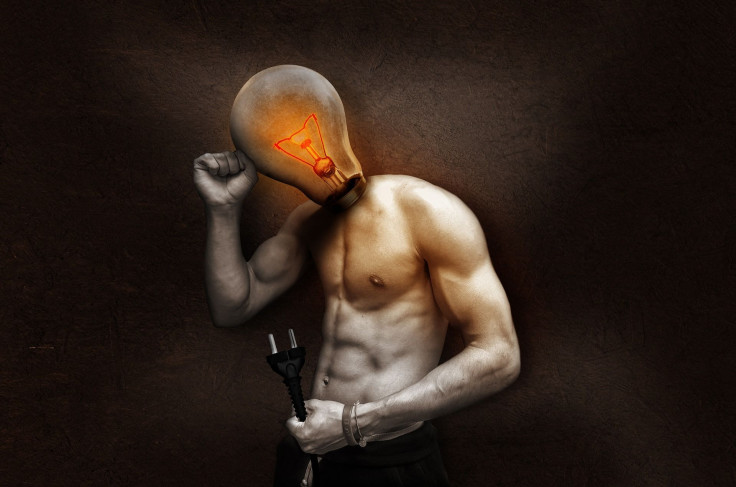Science Of Epiphanies: When Problem Solving, It May Help To Trust Your Gut Rather Than Think Analytically

We’ve come to believe in the aha moment — that instant epiphany when our most brilliant thoughts emerge from the subconcious and into our brains. Researchers now know those instincts really are to be trusted. Their study, published in the journal Thinking & Reasoning, showed people were more likely to answer correctly when guessing with their guts than when they approached problem solving with a long, drawn-out analytical process.
"Conscious, analytic thinking can sometimes be rushed or sloppy, leading to mistakes while solving a problem," said the study’s co-author John Kounios, a professor at Drexel University, in a statement. "However, insight is unconscious and automatic — it can't be rushed. When the process runs to completion in its own time and all the dots are connected unconsciously, the solution pops into awareness as an aha! moment.”
For the study, researchers conducted four different types of timed experiments involving puzzles. When participants answered with sudden insights or aha! moments, they were more likely to be correct compared to when they took the time to process the puzzle with an analytical approach. Each experiment involved between 50 and 180 puzzles. Participants were given 15 to 16 seconds to respond with an answer after they first saw the puzzle. Next, they were asked whether the solution came from analytical reasoning or if it was due more to insight.
Epiphanies were key to solving any type of puzzle correctly. Nearly all (94 percent) the participants who credited their answers to sudden insights answered language puzzles correctly, while 78 percent of participants who relied on their aha! moments were correct when they attempted visual puzzles.
"This means that in all kinds of personal and professional situations, when a person has a genuine, sudden insight, then the idea has to be taken seriously," Kounios, who is also the co-author of the book "The Eureka Factor: Aha Moments, Creative Insight and the Brain," explained. "It may not always be correct, but it can have a higher probability of being right than an idea that is methodically worked out."
When researchers took into account how much time it took for participants to provide responses for each puzzle’s solution, they found those answering within the last five seconds had a lower probability of being correct. A total of 72 percent of the answers given during the last five seconds were incorrect, and researchers found a majority of those late wrong answers were based on analytical thinking.
"Deadlines create a subtle — or not so subtle — feeling of anxiety," Kounios said. “Anxiety shifts one's thinking from insightful to analytic. Deadlines are helpful to keep people on task, but if creative ideas are needed, it's better to have a soft target date. When a really creative, breakthrough idea is needed, it's often best to wait for the insight rather than settling for an idea that resulted from analytical thinking.”
Source: Salvi C, Bricolo E, Kouinos J, Bowden E, and Beeman M. Insight solutions are correct more often than analytic solutions. Thinking & Reasoning. 2016.



























